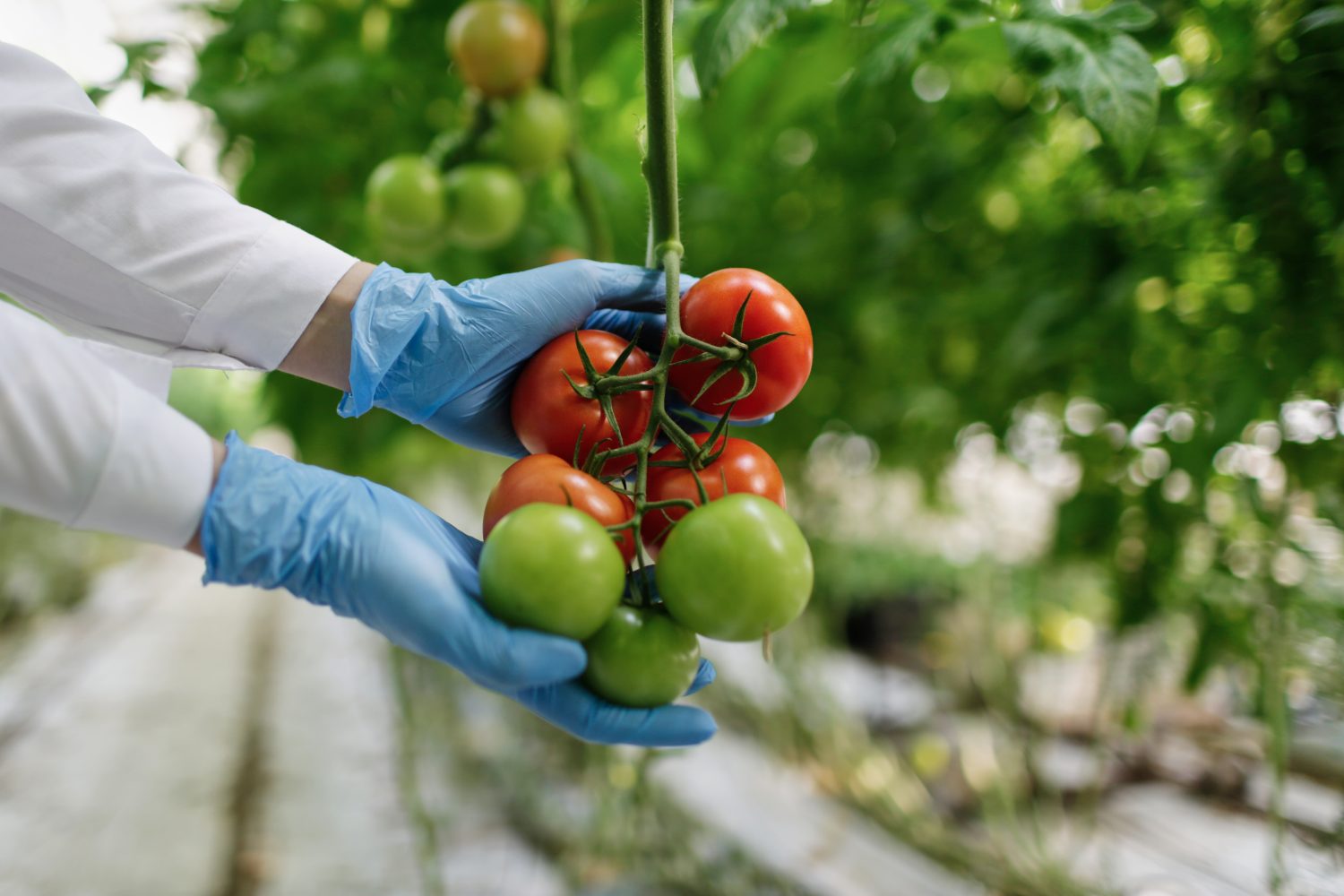Can plants grow without sunlight? This question, which might have once seemed like the realm of science fiction, is now a challenge researchers are tackling through electro-agriculture. This innovative method could redefine how we grow plants, including crops, and offer solutions to some of the world’s biggest food security and environmental challenges.
Electro-agriculture is exactly what it sounds like. It’s the act of leveraging electricity to power plant growth, bypassing the need for traditional photosynthesis. At its core is a process called electrolysis, where carbon dioxide is converted into acetate, a type of salt that plants can use as a source of carbon.
Scientists have even engineered plants capable of thriving in total darkness, feeding off acetate instead of sunlight, making it possible to grow plants without sunlight. And the implications of this breakthrough are absolutely staggering.
For starters, some researchers believe that it could lower the land needed for agriculture by as much as 90 percent. Imagine freeing up vast tracts of farmland for reforestation or conservation while growing crops in vertical indoor farms closer to urban centers. Combined with the ongoing success of lab-grown meats, we could be on the verge of a food industry revolution.
Cities could host farms on rooftops or in abandoned buildings, turning once-unused spaces into food production hubs where plants can grow without sunlight. Electro-agriculture also promises to make farming possible in extreme environments.
Deserts could become lush with food production, and urban areas could grow fresh produce without needing sunlight, pesticides, or excessive water. By making agriculture more resource-efficient, this technique could significantly reduce the environmental impact of farming, including its contributions to deforestation and water scarcity.
However, several challenges remain. Electro-agriculture is still in what scientists call the experimental phase. We’re still working to optimize the process of converting carbon dioxide into acetate and engineering more plant varieties that can thrive on this system and grow without sunlight.
Economic barriers also exist—transitioning from traditional agriculture to electro-agriculture on a large scale would require significant investment and incentives. That may be one of the more difficult things to accomplish, especially as many might not see an issue with the current way things are set up, so long as the scarcity isn’t affecting them.
Still, the potential is undeniable. Electro-agriculture could stabilize food markets, combat famine, and help humanity meet its growing food demands without harming the planet. As research continues, one thing is clear: farming no longer needs to rely on sunlight.
The post Researchers found a way to grow plants without light appeared first on BGR.
Today’s Top Deals
Early Black Friday deals: $159 AirPods Pro 2, $99 Ninja blender, $998 Sony 85-inch TV, $199 Bose soundbar, more
Today’s deals: $349 Apple Watch Series 10, $298 Sony XM5 headphones, $120 off KitchenAid Stand Mixers, more
Best Black Friday home security deals of 2024
Today’s deals: 10% off PlayStation, Xbox, & Roblox gift cards, $4.75 Kasa mini smart plugs, more
Researchers found a way to grow plants without light originally appeared on BGR.com on Sun, 24 Nov 2024 at 16:18:00 EDT. Please see our terms for use of feeds.
